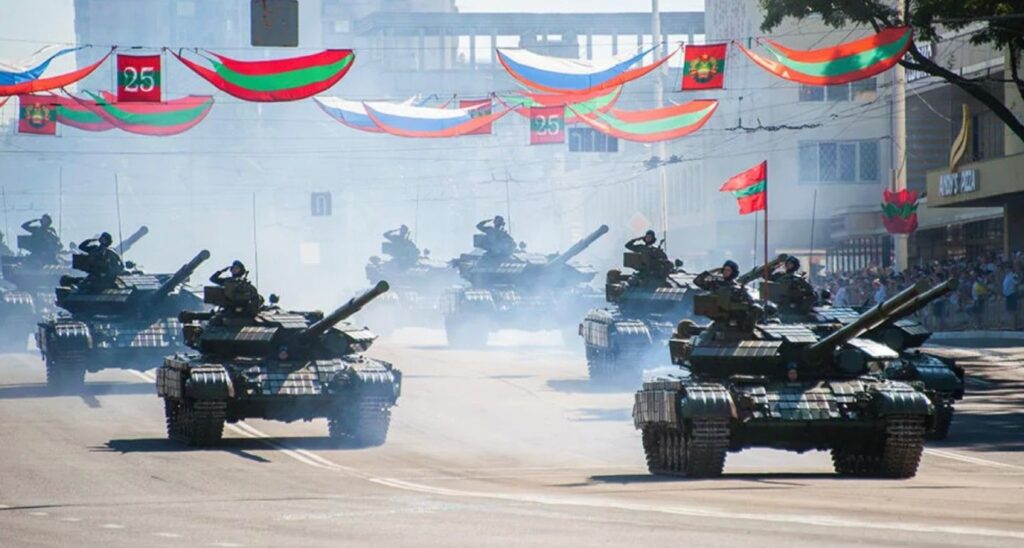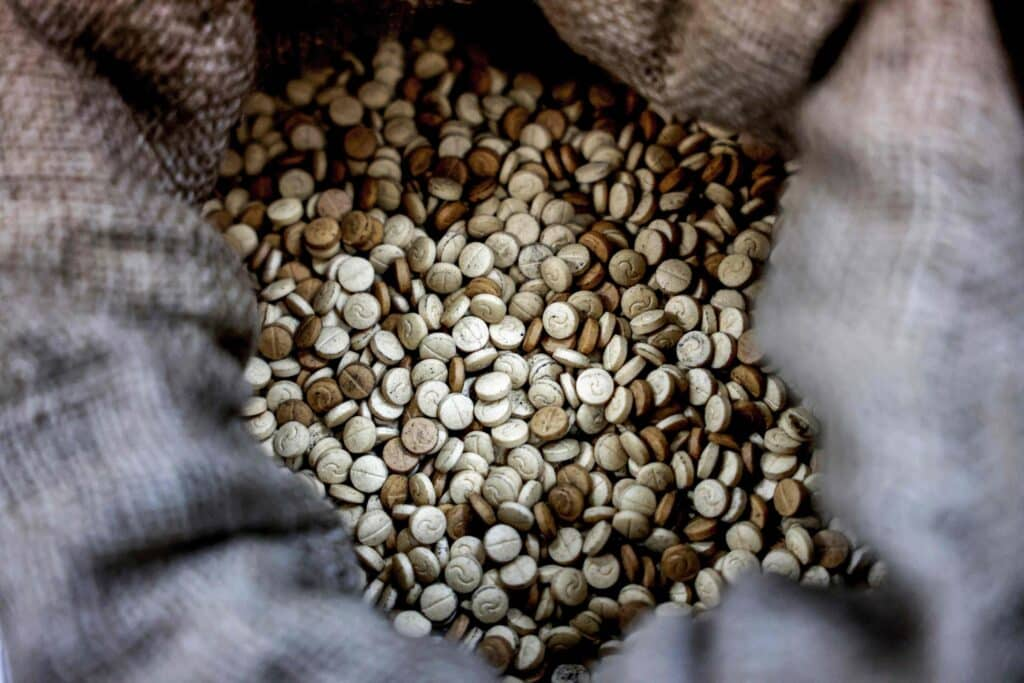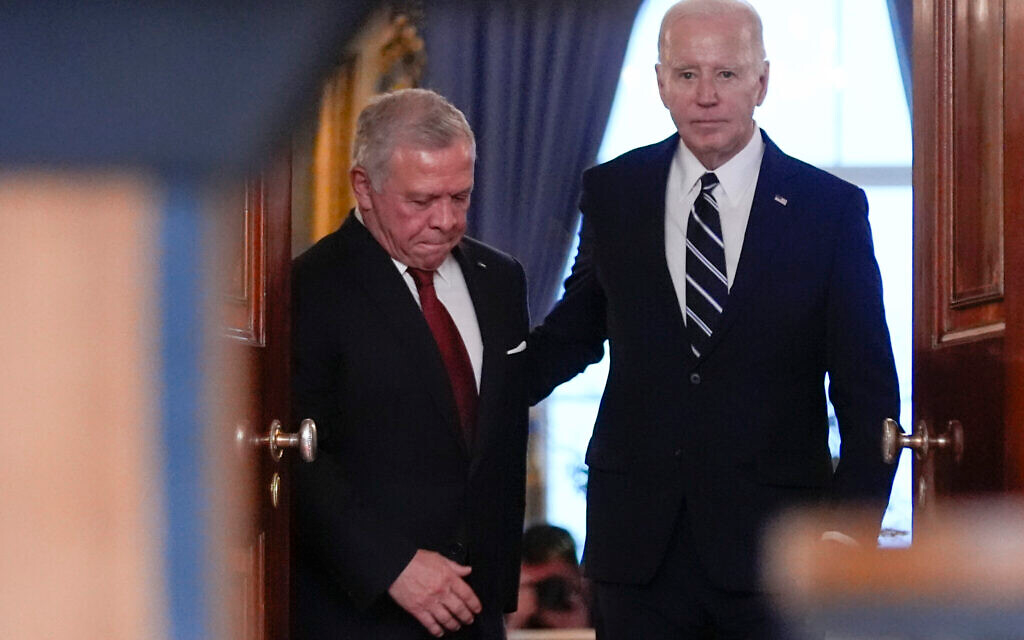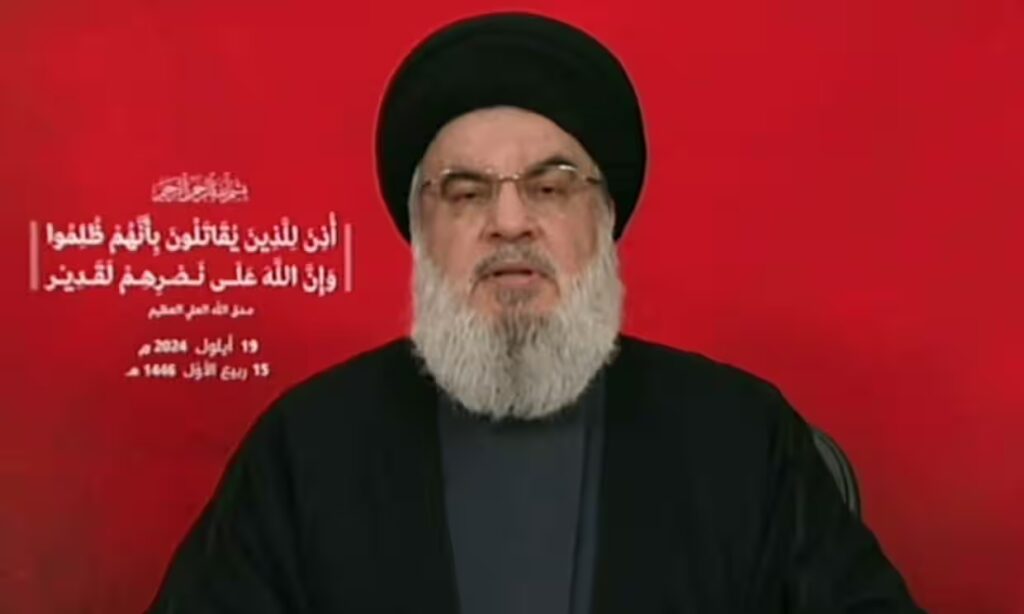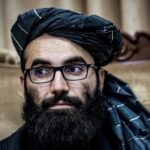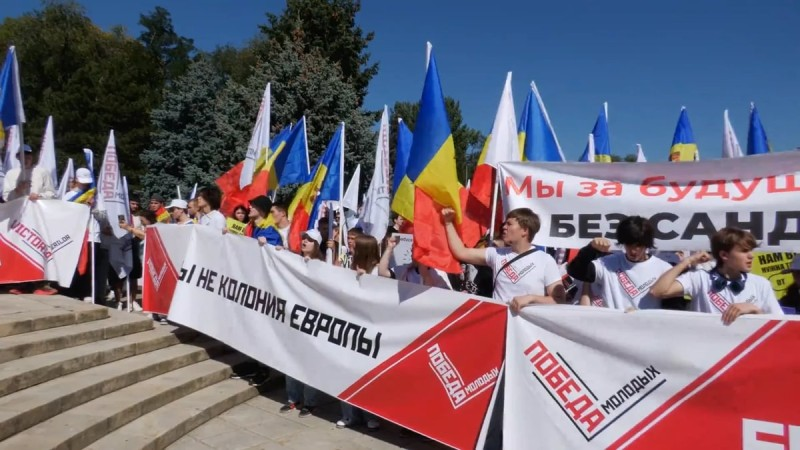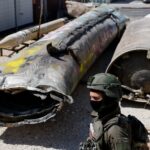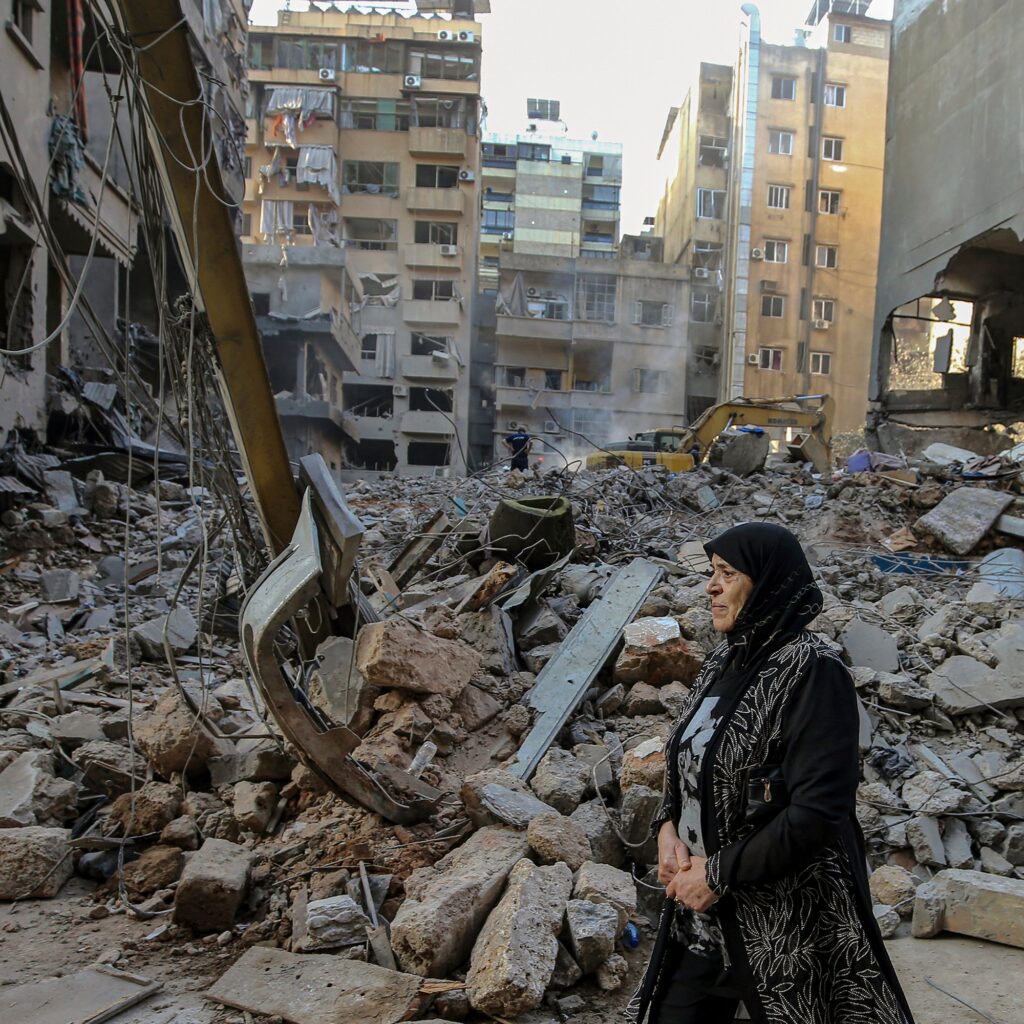Muhammad-Ali-Burhanov
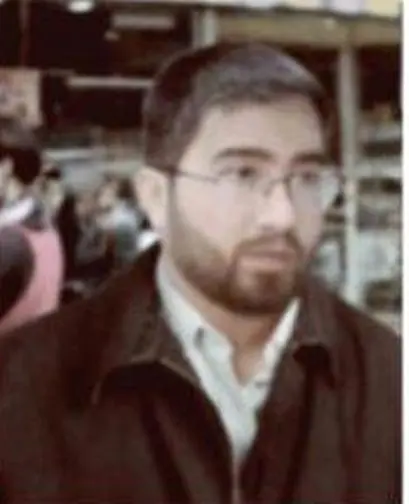
Terror organization: Kata’ib Hezbollah
Status: Operative
Role: Burhanov, who has been linked to multiple attacks in Central Asia, reportedly studied at Al-Mustafa University in Iran—a known recruitment hub for Tehran-backed militant groups. This university, operating under the Islamic Propaganda Bureau of the Qom Seminary, has branches in nearly 60 countries and serves as Iran’s primary instrument for spreading Shi’ism internationally.

